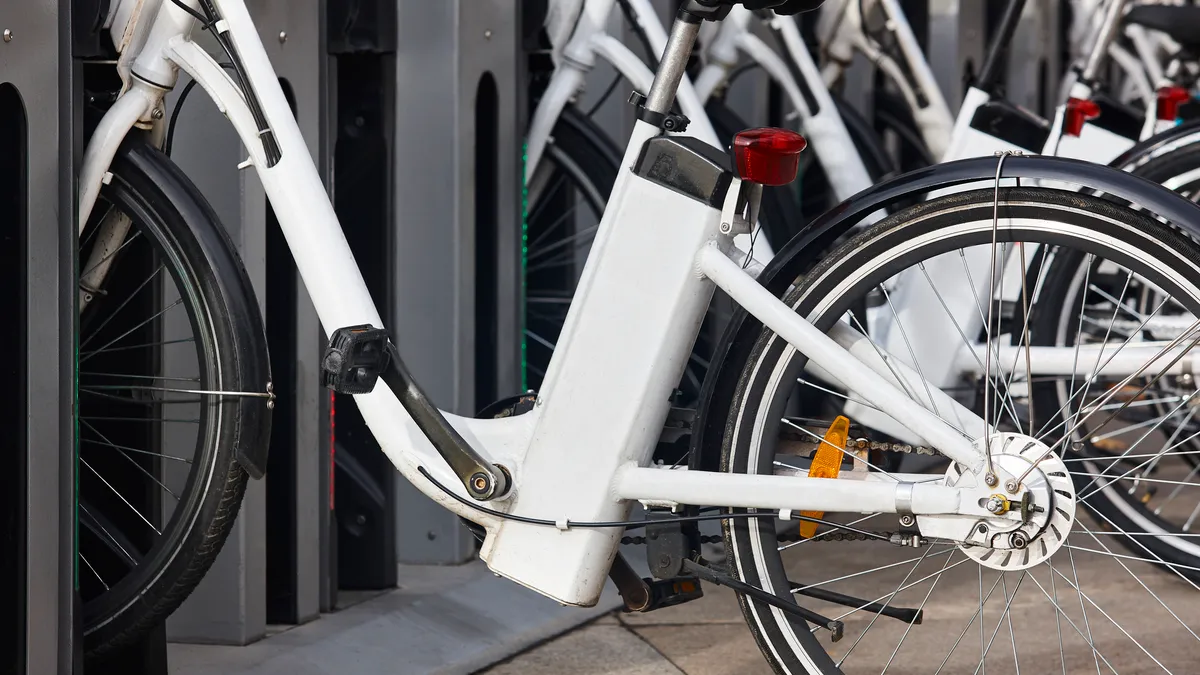Can an electric bike lending program reduce congestion and smog in low-income city neighborhoods while improving mobility? Oakland, California, is looking to find out.
The city is in the midst of its five-year Clean Mobility Options Voucher Pilot Program project, funded last year with a $1 million grant from the California Air Resources Board. The CARB grants are designed to support zero-emission mobility projects that help communities overcome residents’ transportation challenges.
The City of Oakland Department of Transportation is contracting with GRID Alternatives Bay Area, a non-profit dedicated to promoting renewable energy. The city intends to provide a yet-to-be-determined mix of e-bikes and adaptive cycles to help people 18 and older, including those who have physical mobility limitations, reduce dependence on cars. The mix will include side-by-side tandems, tricycles, cargo bikes and handcycles. OakDOT dropped an earlier plan to include scooters, said OakDOT New Mobility Supervisor Kerby Olsen.
OakDOT and GRID Alternatives plan to contract with local bike shops to provide maintenance and instruction on how to use the vehicles, Olsen said. Participants must know how to ride a bike – if not, they'll be referred to other programs that teach cycling, Olsen noted. The city is hoping for an Oct. 15 launch but hasn't determined the terms or finalized the date yet, which are dependent on “supply chain issues,” Olsen noted.
GRID will handle the logistics, buy the bikes and accessories, obtain insurance and manage online reservations, Olsen said. The plan calls for 500 bikes but the total may be less, he added.
Jason Wallach, owner of bike shop Laurel Cyclery, said the conditions of the program aren’t currently known. “I can't say one way or another [whether we'll participate]. They have yet to share with us what they want us to do,” Wallach said.
OakDOT came up with the idea while conducting community outreach for a bikes plan, Olsen said. It is currently surveying residents and planning focus groups, which will help determine details like the vehicle mix, pricing and length of rentals, though they will be for medium and long-term, not daily, use. “We want people to have the opportunity to use the bikes and see what it's like to own an e-bike,” Olsen said.
The future of the program depends on how it works but “one goal is to lead people to possible state and federal subsidy programs” that may provide tax advantages or vouchers to buy e-bikes, Olsen said.
To measure results, OakDOT plans to put meters on the vehicles and possibly survey users to ask them what mode of transportation they would have used if not in the program, Olsen said.











